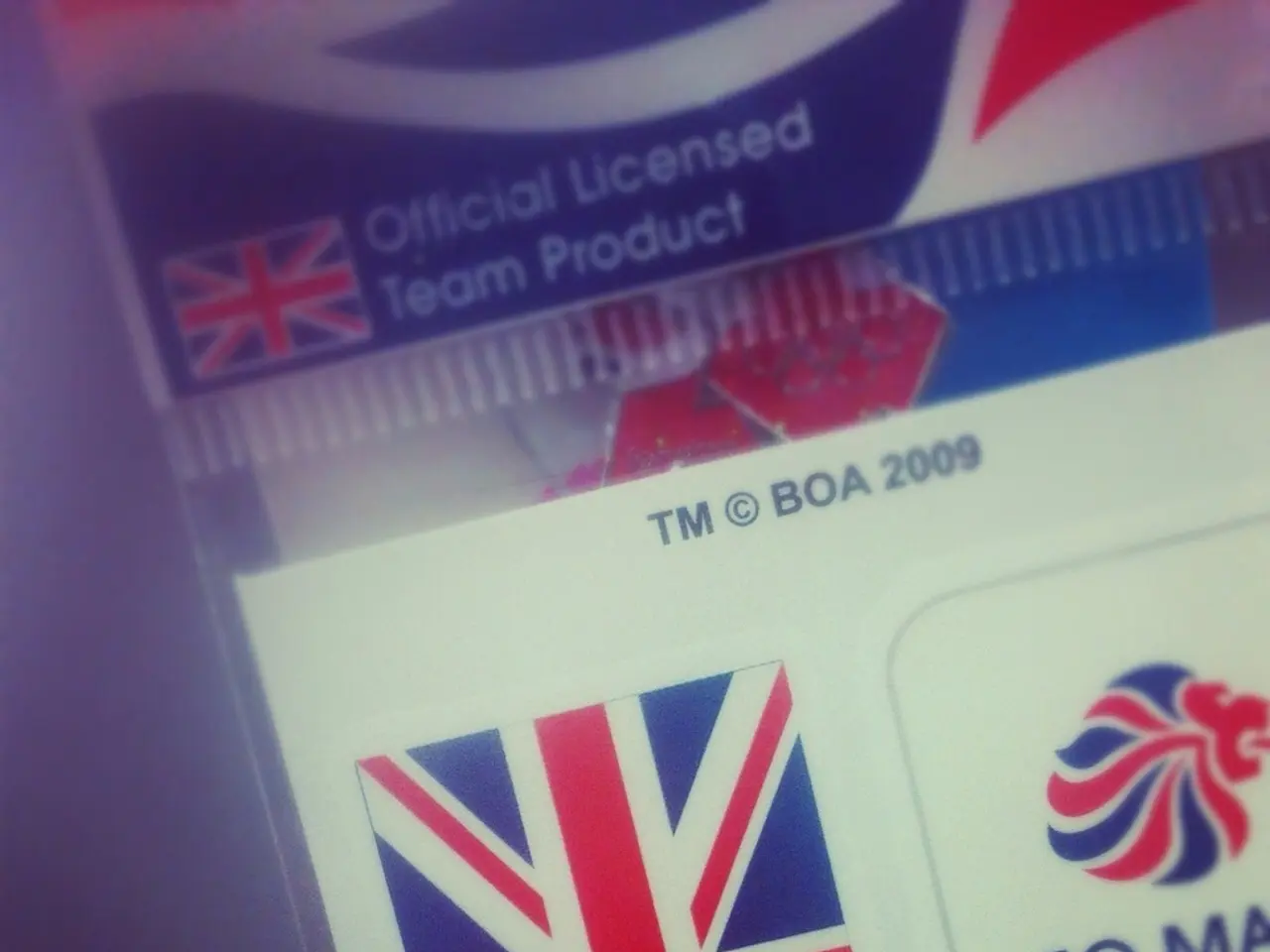Musk Challenges British Internet Safety Measures as Overstepping Boundaries in X's Perspective
In a recent statement, Elon Musk's social media platform X has criticised the UK's Online Safety Act (OSA) for its regulatory "overreach" and potential threats to free speech. The concerns centre around the Act's child protection measures, broad surveillance potential, and inconsistent enforcement carve-outs.
Key issues raised by X include the stringent age verification requirements introduced by the OSA. These measures, aimed at protecting under-18 users from harmful content, risk a chilling effect on free expression. Users who refuse verification may lose access to information, thereby limiting speech online.
The Act's broad regulatory reach also fosters increased surveillance and monitoring, contributing to an environment of self-censorship and erosion of free speech rights and access to information. Age-specific restrictions could potentially limit young people's democratic participation, especially with the UK's plans to lower the voting age.
X also highlights the uneven application of the law through carve-outs favouring privileged voices. Exemptions for media outlets, self-declared journalists, and politically "important" content mean that harmful speech from powerful sources like tabloids or politicians enjoys protection, while ordinary users face takedown risks. This creates a two-tier internet privileging powerful voices over ordinary citizens.
Compliance with the OSA's extensive and complex regulatory requirements poses challenges for many smaller sites, causing some to block UK users or shut down services entirely. This reduces speech diversity and availability on platforms like X.
Data protection measures are also a concern, as there are fears that they are insufficient to secure privacy during mandatory age verification, exposing users to increased data risks that indirectly affect freedom of expression.
In response to these concerns, X has started complying with the OSA by implementing age-verification systems. However, the company believes that the new police unit set up to monitor social media is potentially duplicative and could further erode free speech. X also criticises a recently introduced code of conduct for online platforms, claiming it is duplicative and potentially harmful to free speech.
The criticisms by X towards the OSA, the new police unit, and the code of conduct for online platforms are related to potential threats to free speech and duplication of existing measures. X believes that the OSA, while aimed at protecting children and online safety, unintentionally undermines free speech, promotes censorship and monitoring, privileges powerful actors, and exposes users to privacy and duplication issues due to duplicative content takedown risks and uneven enforcement.
Repeat offenders under the OSA risk being blocked in the UK, and companies that fail to comply with the age-verification requirements face fines of up to £18 million (US$24 million) or 10% of global revenue, whichever is higher. X believes that the OSA, while having laudable intentions, is at risk of overshadowing them due to its regulatory reach. Under the OSA, age checks must be "technically accurate, robust, reliable, and fair."
[1] Source: X's Global Government Affairs account [2] Source: Various media reports [3] Source: X's official blog post
- The criticism from Elon Musk's social media platform X towards the UK's Online Safety Act (OSA) extends to the recently introduced code of conduct for online platforms, as X perceives it as potentially duplicative and harmful to free speech.
- X, in its criticism of the OSA, contends that despite its intent to protect children and online safety, the Act unintentionally undermines free speech, promotes censorship and monitoring, privileges powerful actors, and exposes users to privacy and duplication issues due to duplicative content takedown risks and uneven enforcement.




